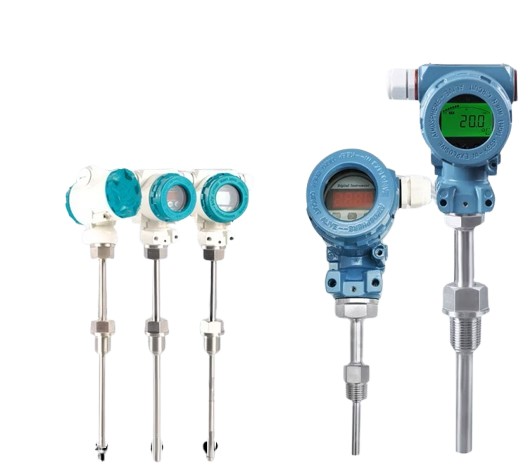Overview
Smart IoT (Internet of Things) sensors, instruments, and control devices are advanced, interconnected technologies that gather real-time data, monitor performance, and automate control processes across industries. These devices enable predictive maintenance, energy efficiency, and streamlined operations by communicating through cloud or edge computing platforms.
Applications
Industrial Automation
Real-time monitoring of machinery, predictive maintenance, and process optimization.
Smart Cities
Traffic management, air quality monitoring, and energy-efficient public lighting.
Healthcare
Patient monitoring, asset tracking, and environmental sensing in hospitals.
Agriculture
Precision farming with soil moisture sensors, weather stations, and automated irrigation.
Features
Real-Time Data Acquisition
Instant collection and transmission of operational data.
Wireless Connectivity
Supports Wi-Fi, Bluetooth, Zigbee, LoRa, and cellular networks.
Edge Computing Capabilities
Local data processing for faster decision-making.
Self-Diagnostics & Alerts
Detects anomalies and sends automated alerts for quick action.
Benefits
Enhanced Efficiency
Reduces manual work and improves operational accuracy.
Predictive Maintenance
Minimizes downtime by detecting failures before they occur.
Energy & Cost Savings
Optimizes resource use, reducing energy bills and waste.
Improved Safety & Compliance
Ensures secure, safe environments and regulatory adherence.
